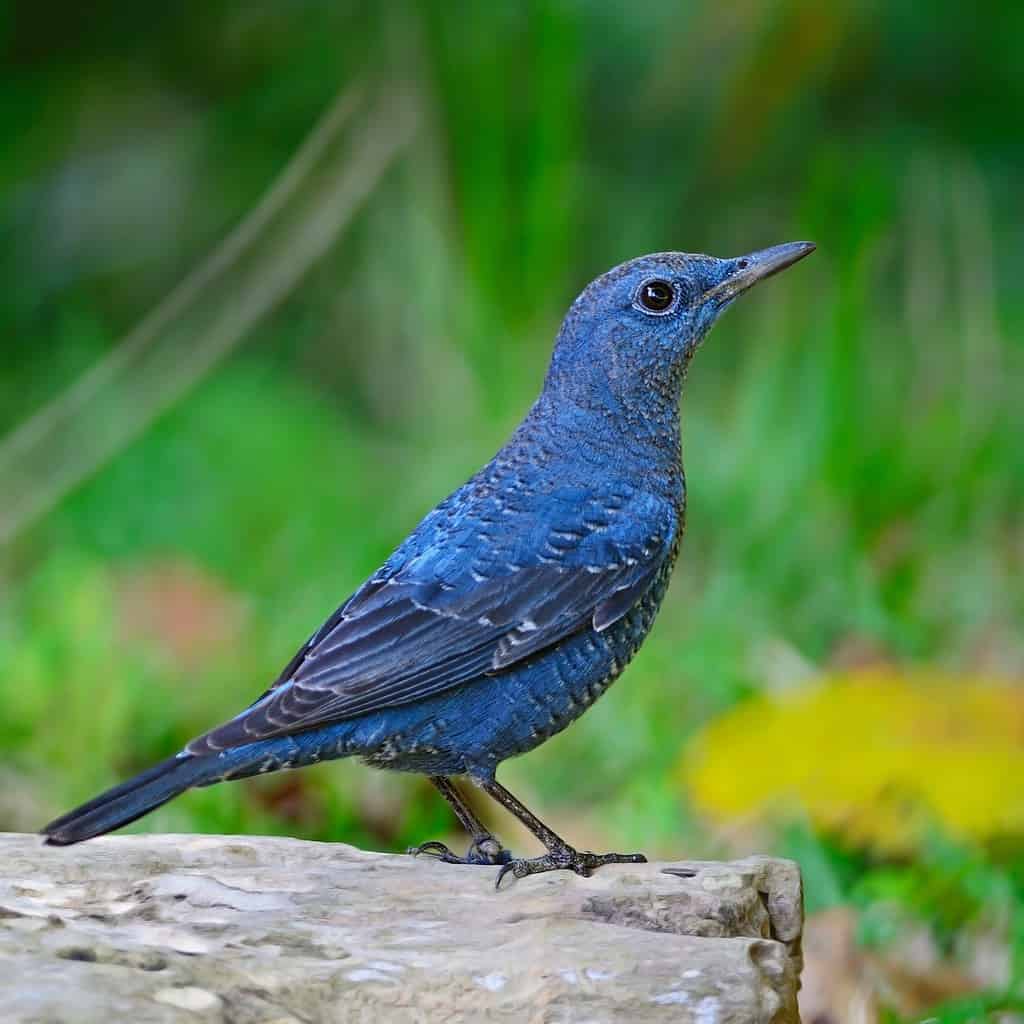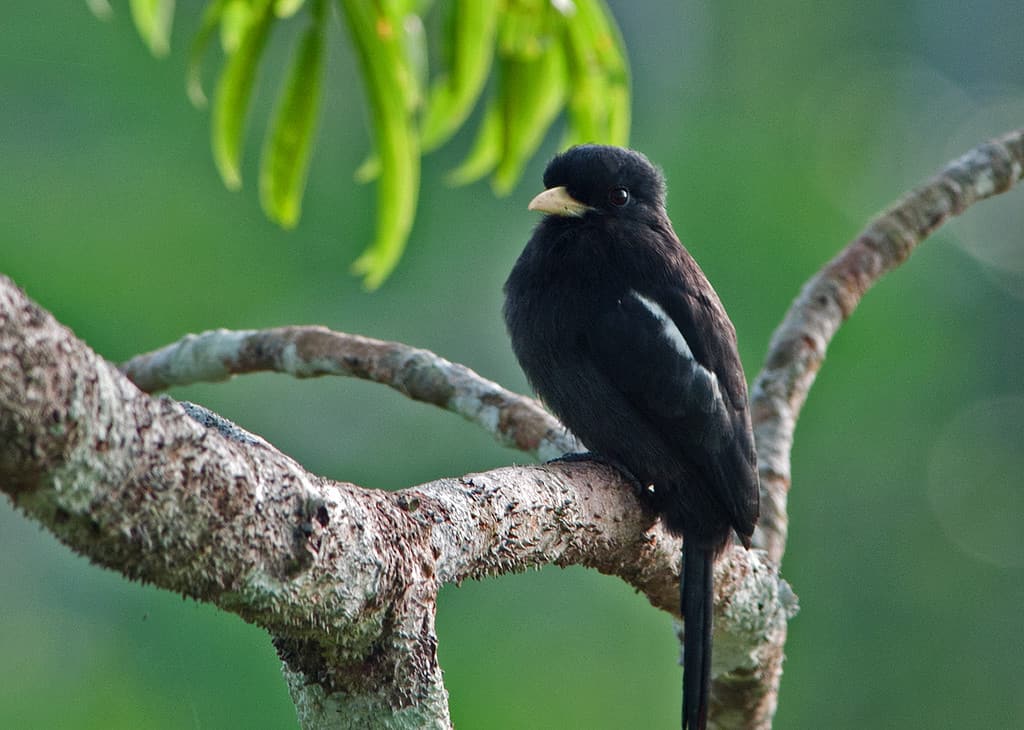If you’ve read Fred Gibson’s Old Yeller or heard news about rabid animals appearing in the wild, you may have had some questions about rabies. Specifically, you might have wondered if birds have rabies or if they can pass it to humans. Below, learn more about birds, rabies, and bird bites.
What Is Rabies?
Rabies is a viral infection that spreads through saliva. This disease affects the central nervous system. While the disease is treatable initially, treatment becomes less likely as it progresses. Left untreated, rabies ultimately resulted in death. Vaccines are available for most pets, such as cats and dogs, as well as humans in certain professional fields where they may be exposed.
Most often, rabies is contracted from a bite from an infected animal. Each year, approximately 5,000 cases are reported, with around 90 percent of these coming from wildlife rather than domesticated pets.
Do Birds Have Rabies?
You may be familiar with several of the animals that can contract rabies. This includes species such as foxes or bats. However, can birds contract rabies? The surprising answer is no. There is no species of bird that may contract rabies.

Birds do not carry rabies.
©cones/Shutterstock.com
Why Don’t Birds Get Rabies?
As it turns out, birds aren’t the only type of animal in the world that won’t contract rabies. In fact, birds, fish, and reptiles are all types of animals that don’t get rabies. Instead, the rabies infection is confined only to mammals.
Much of whether or not a species can get rabies depends on body temperature. That’s why opossums rarely carry rabies despite their mammalian status: because they have a lower body temperature than that of other mammals. This is why cold-blooded animals, or ectotherms, like fish and reptiles, don’t carry rabies. Because they rely on their environment to regulate their temperature, they often have a body temperature far below that of the rabies threshold.
However, birds are endotherms or warm-blooded species. So, why don’t birds get rabies? Well, while they may be warm-blooded, birds aren’t mammals. Because of this, they have a different base body temperature and a different metabolism, which can all play a large role in the immune system. Rabies also impacts the central nervous system, specifically neurotrophin receptors. While many animals share similarities in the function and structure of the central nervous system, even the smallest variations between mammals and birds can create immunity.

Although birds are warm-blooded, they have several anatomical differences from mammals that protects them from the rabies virus.
©Patty McGann / CC BY 2.0 – License
Will Birds Bite?
Although birds may not carry rabies, they can bite. Biting occurs in both wild and domesticated birds. A bird may bite if they feel threatened or if they’re feeling particularly territorial. Some birds can have incredible biting power. Even if they don’t, however, an open wound infected by an animal can always lead to dangerous infections.

If they feel threatened, or if they’re in the wild protecting a territory, birds may bite.
©iStock.com/Olga Evtushkova
What to Do if You’re Bit by a Bird
Because birds don’t carry rabies, treating a wild bird bite is quite similar to treating that of a domesticated bird. In either case, you’ll want to ensure that, following the bite, you thoroughly clean the wound. This can often be accomplished through the help of warm water and soap. After cleaning the wound, you may wish to apply an antibiotic cream. You should make sure to cover the wound with a bandage.
AZ Animals is not a medical source and cannot provide medical advice. If you are bitten by a bird and are concerned, the best thing you can do is reach out to a professional healthcare provider. The above information is for educational purposes only. As a result, it does not act as a substitute for professional medical advice or care.
The photo featured at the top of this post is © Maridav/iStock via Getty Images
Thank you for reading! Have some feedback for us? Contact the AZ Animals editorial team.






